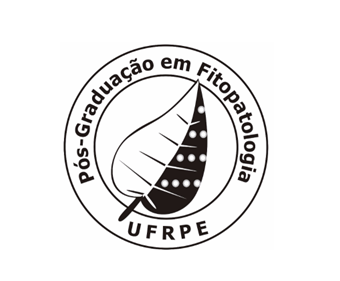Engagement and Contributions of PPGF Permanent Faculty: Extension, Science Popularization, and Academic Leadership (2021–2024)
- Of the 14 faculty members in the PPGF, twelve are permanent members. More than 50% of them submitted extension projects accredited by UFRPE and approved by public funding agencies or private companies in the agribusiness sector.
- All faculty members actively participated in initiatives aimed at the popularization of scientific knowledge, supported by public and private funding. Examples include their involvement in scientific events (colloquia and congresses) organized and hosted by the PPGF at UFRPE.
- All faculty members participated in UFRPE administrative committees, and 58% of the permanent faculty served on committees of funding agencies or scientific societies.
- Furthermore, all faculty members contributed as editors or editorial board members of national and international journals and took part in the organization of scientific events at both regional and national levels.
- Seventy-five percent of the permanent faculty members hold productivity scholarships, reflecting their scientific excellence. All faculty members participated as speakers or moderators in national scientific events, highlighting their active role in the dissemination of knowledge and leadership within the field.
Plant diseases pose a significant challenge to agricultural development as they affect crops both before and after harvest. The etiology, identification, and studies focused on plant disease resistance are of great importance for the development of phytosanitary measures that enhance the competitiveness of Brazilian agriculture in general and the irrigated fruit and vegetable production hubs in the Northeast in particular. Research conducted under the Graduate Program in Phytopathology (PPGF) prioritizes plant diseases in economically strategic crops for the region's development. This region is known for its production of tropical fruits, vegetables, and tuberous plants. These studies fall within two research lines of PPGF: "Biology, ecology, and taxonomy of phytopathogens" and "Epidemiology and management of plant diseases," which are highly active areas with numerous articles and patent applications generated by the program in recent years. The excellence of this project is characterized by the consistency of scientific proposals.
In this context, PPGF has demonstrated a high-quality intellectual output, reflected in the faculty's curriculum vitae, along with the training of students to engage in technical and scientific activities in educational, research, extension, and regulatory institutions, as well as in public and private sector companies at regional, national, and international levels. PPGF boasts faculty members who are experts in various fields of phytopathology, with established research groups in areas such as phytopathogenic fungi, phytopathogenic bacteria, phytonematology, phytopathogenic virology, plant disease resistance, and plant disease epidemiology, all of which align with the program's goals. The Federal Rural University of Pernambuco (UFRPE) has greenhouse facilities, a molecular phytopathology laboratory, and laboratories for mycology, phytopathogenic bacteria, phytopathogenic virology, and phytonematology, all located within the Department of Agronomy.
The proposal has a transformative character given the novelty of the research that will be developed. Overall, the projects undertaken by PPGF provide a broader perspective on disease management in different agronomically important crop management systems, leading to the establishment of new, more efficient, and environmentally friendly strategies.
The project "Phytosanitary Clinic: an advanced diagnostic platform for the agricultural sector of the state of Pernambuco (CLIFIPE)," funded by FACEPE, had the following objectives: i) establish a reference phytosanitary clinic for diagnosing phytopathogens and identifying plant pests to assist producers in the Northeast region; and ii) support research, teaching, and extension activities to contribute to the development of agriculture in the state of Pernambuco and other Brazilian states. CLIFIPE, located in the Phytosanitary Area/Department of Agronomy at UFRPE, is coordinated by faculty members from the Graduate Programs in Phytopathology (PPGF) and Entomology (PPGE), with the participation of technicians and students (undergraduate and graduate).
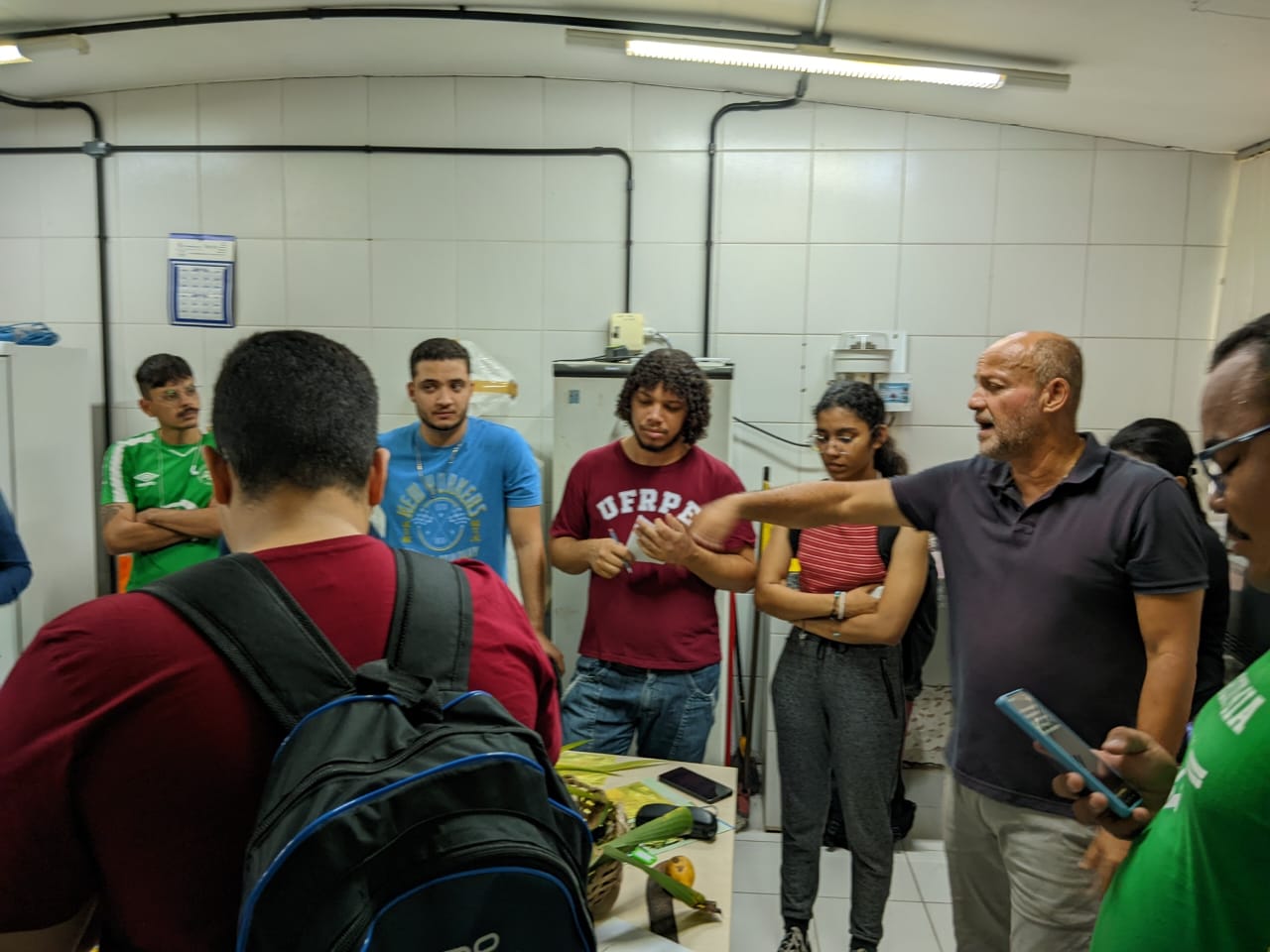
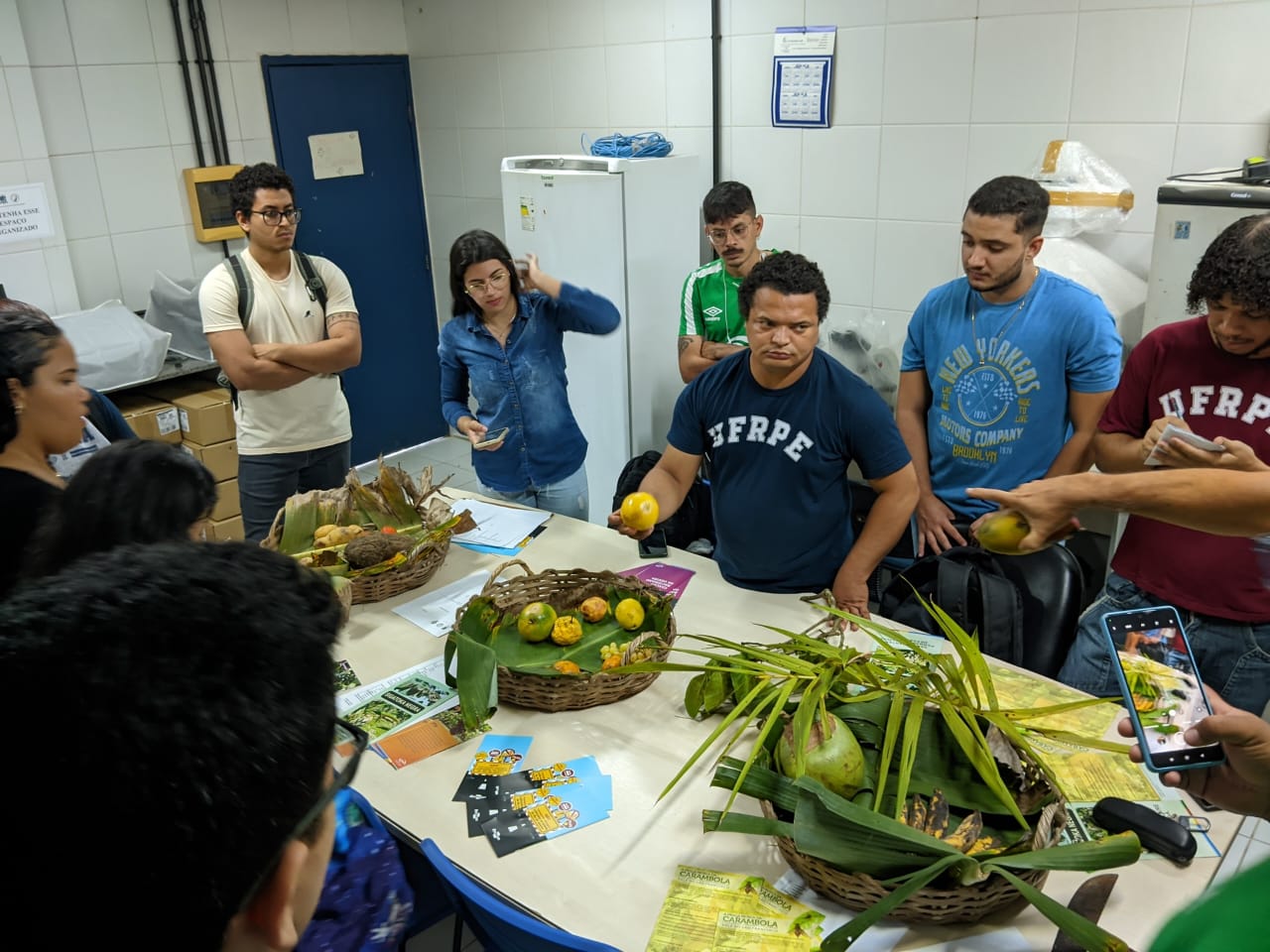
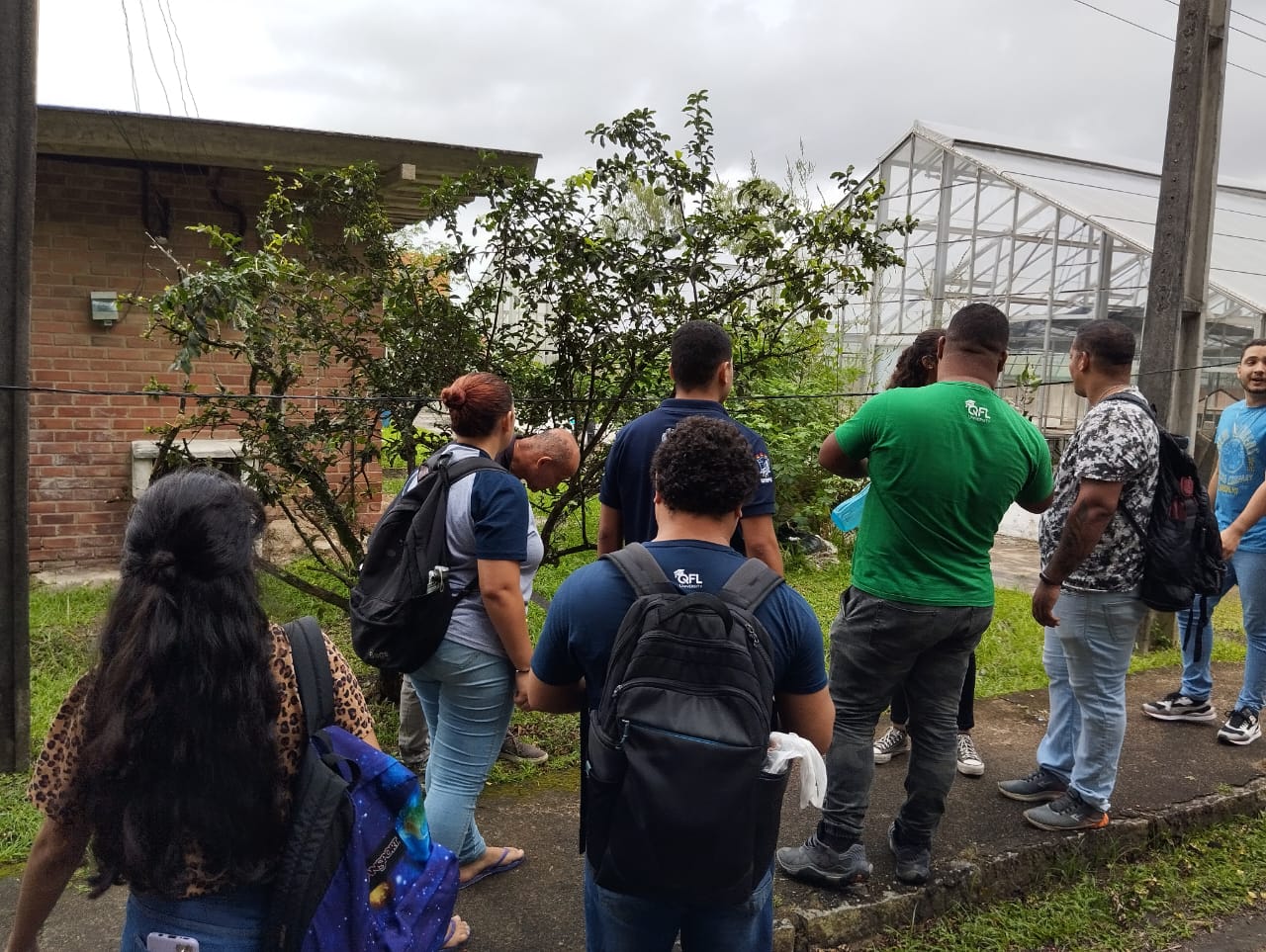
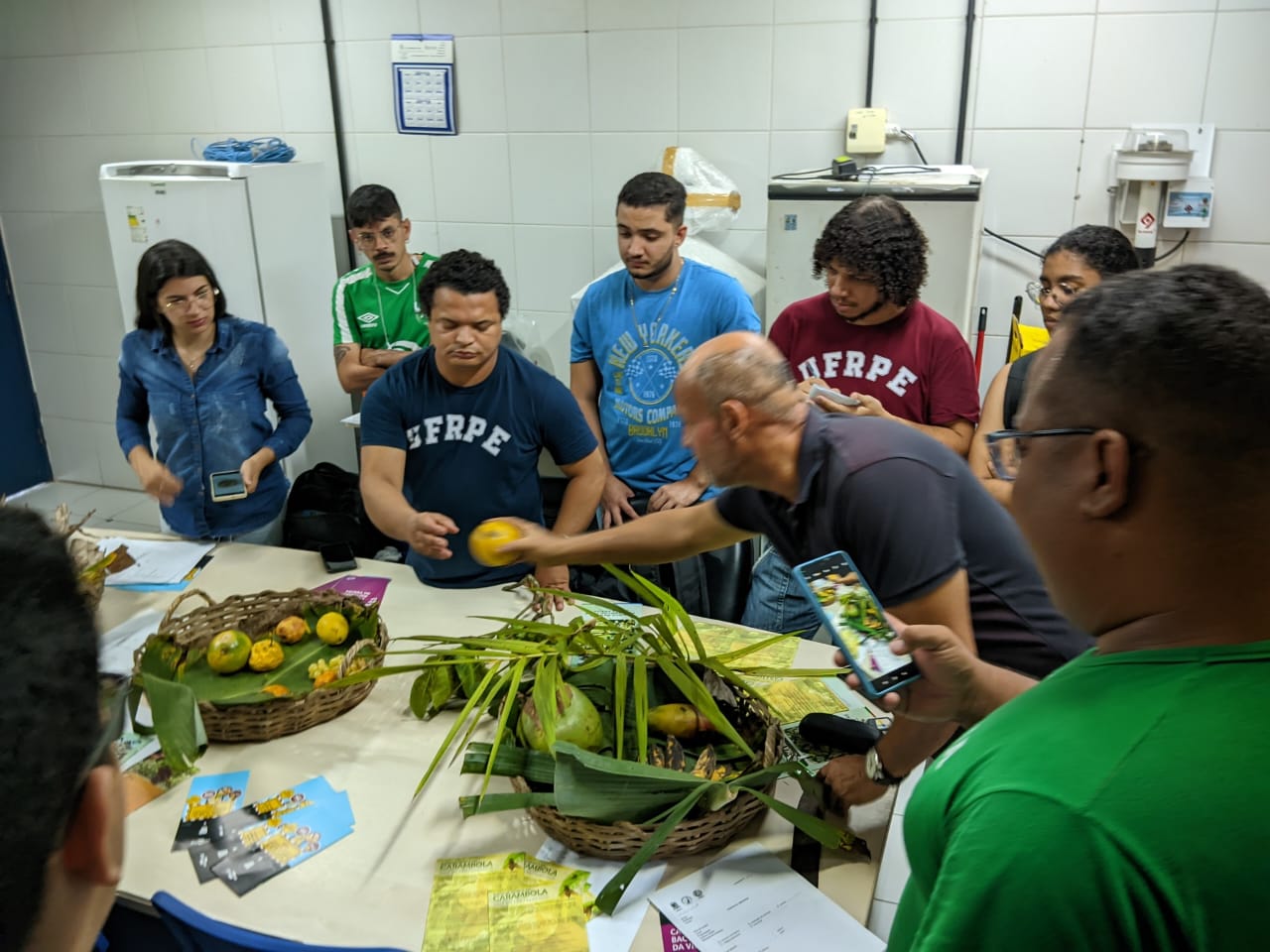
Tropical Plant Pathology Colloquium, November 2024
The 5th Colloquium was held from October 16 to 18, 2024 (http://www.cft2024.com.br) in person, providing an extensive discussion on “The Current Status and Future of Biological Control in Brazil’s Agribusiness Sector.” The event addressed key topics such as the national panorama of biological control, techniques for prospecting and formulating biocontrol agents, on-farm production of bioagents, and various application methods.
Field Day, November 2024
In November 2024, CLIFIPE held a Field Day at UFRPE, with participation from companies, students, and researchers. A lecture was delivered by Prof. Dr. Emanoel di Tarso (DEAGRI) on the use of drones in phytosanitary management of agricultural crops. The event also included a hands-on field demonstration conducted by Junior Goveia from JR Tech, in collaboration with faculty from UFRPE’s Geoprocessing and Remote Sensing Center.
Additionally, biotechnological approaches aimed at developing research strategies for plant disease biological control were explored. As part of the program, three short courses were offered, organized and conducted by PPGF students and faculty. This edition also featured the presentation of scientific papers and the publication of the Colloquium Proceedings, highlighting its innovative nature.
Extension Project Events
November 2024
The extension project titled "Rural Extension in Family Farming Areas Producing Yam in the Zona da Mata Pernambucana and Paraíba Coastal Region", developed with the support of graduate students from the Postgraduate Program in Plant Pathology and undergraduate students from the Agronomy and Agricultural Engineering courses at the Federal Rural University of Pernambuco (UFRPE), proved to be highly relevant for yam producers in the targeted regions.
The initiative reinforces the fundamental role of the university as a transformative agent and promoter of sustainable development by bringing technical and scientific knowledge to rural communities and contributing to the improvement of agricultural practices. Technical visits were conducted to yam-producing areas to disseminate the project and collect samples for nematological diagnosis, aiming to increase the participation and engagement of producers.
After laboratory analysis performed by graduate students in the Phytonematology Laboratory, a training event was organized, consisting of lectures and debates, with the goal of updating and enhancing producers’ knowledge on the subject. The event took place on November 17, 2022, in the municipality of Pitimbu-PB, at the Mucatu settlement, and was attended by local rural producers.
From November 8 to 17, 2024, CLIFIPE participated in the 81st edition of the Northeastern Exhibition of Animals and Derived Products, held at the Parque de Exposições do Cordeiro in the West Zone of Recife. During this 10-day event, scientific demonstrations were conducted, and research in the field of plant health was disseminated. The general public received guidance on topics related to plant health, diagnosis, and protection, which are central themes of CLIFIPE.
December 3, 2024
On December 3, 2024, CLIFIPE, with the active participation of graduate students from the PPGF, conducted educational and scientific activities at the Vida de Inseto + CLIFIPE Exhibition, as part of the Agronomy Week-UFRPE 2024 program. The activities focused on disseminating the services provided by CLIFIPE, aiming to identify biotic problems and offer solutions.
The event was organized by the Agronomy Course Coordination at UFRPE in partnership with the Agronomy PET-UFRPE, the Plant Nutrition, Fertilization, and Soil Fertility Research and Extension Group (GNAF), and the Agronomy Academic Directory. Key thematic areas of the event included plant production, plant health, irrigation, soils and plant nutrition, and fruit growing.

